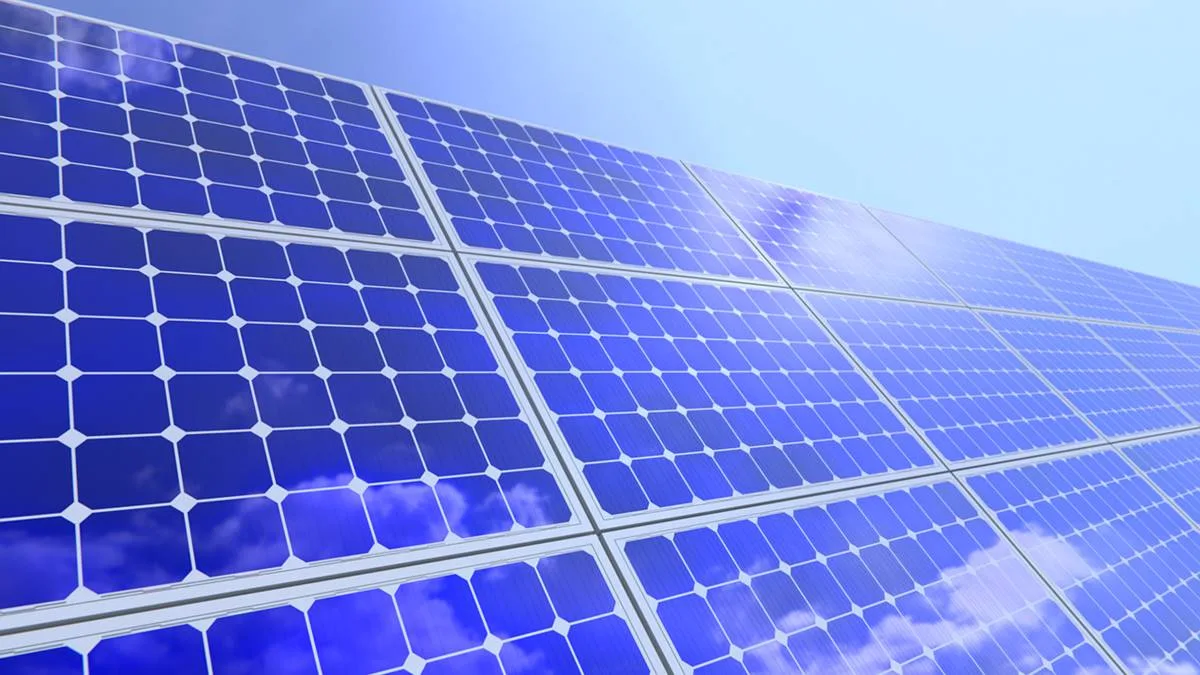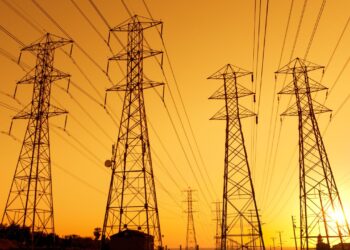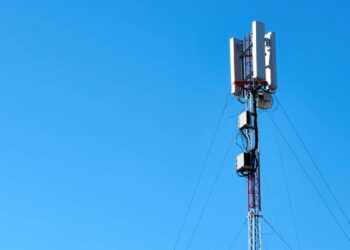The government is considering a massive reduction in the buyback rates for consumers who produce solar power through net metering. The news has already attracted a lot of criticism as more and more people are shifting towards solar power across the country.

Right now, the government offers a net metering buyback rate of Rs. 21 for each extra unit of electricity produced and sent back to the grid. However, the government might reduce this to Rs. 11 per unit. This would mean those making solar power would lose Rs. 10 for each unit.
The reason behind this change is that the government pays a lot of money to Independent Power Producers (IPPs), even when it doesn’t buy electricity from them, and solar power becoming a popular alternative has affected this plan.
The government sources told Business Recorder that wealthier people can afford solar panels and end up with no electricity bills, which shifts the burden of capacity charges onto the poorer consumers, who cannot shift to solar power and rely on conventional electricity.
The government says it still supports solar energy, but it thinks the current rate of Rs. 21–22 per unit for net metering is too high and unsustainable. They want to make it so people take longer to recover the money they spent on installing solar panels.
According to some officials, the current net metering buyback rates allow consumers to recover the cost of solar panels in just 18 months. However, the government wants to extend the payback period to 10 years, which is a massive difference.
They argue that people mainly install solar panels for themselves, so the rate for extra electricity should match what the power companies can afford to pay. Last year, there was talk of ending net metering, which caused backlash. Meanwhile, the Solar Association strongly disagreed with cutting rates, which has led to a postponement of the decision.




















